Show me someone who doesn’t want to eat healthier and I’ll show you where Jimmy Hoffa is buried. We all have a deep desire to clean up our eating habits no matter how stringent our diet is. With so many temptations pulling at our hunger pangs, it only makes us further convinced to adopt more self-discipline, more diet restrictions, and put out even more effort regarding a flawless plan of action.
We tend to have this abstract vision of ourselves following some special eating plan as if we were signing up for military basic training. “Finally, I’m going to commit and do this thing! All I need to do is sign here.” Self-indoctrination into this alternate universe distinctly separated from our normal lives is what it will take to see any real, significant results, we think. Once we graduate, we can then return to our regularly scheduled lives and get back to normal eating.
What is eating healthier?
I must admit. I was at a slight disadvantage in my 20s and 30s. I was a competitive, drug free bodybuilder who underwent many extreme diets to drive my body fat levels down to the lower single digits all the while trying desperately to hold on to every ounce of muscle tissue I had painstakingly built.
Why disadvantage? All I knew was how to get shredded by manipulating my macronutrients (proteins, carbohydrates, and fats) to burn off adipose tissue and feed muscle. I wasn’t, however, practicing great healthy eating habits. I lacked balance, practicality, and the ability to live a normal life when I wasn’t in an extreme diet mode.
After I stopped competing, I had to relearn what balance really meant. I had to shift my perspective about what it is to eat healthy in the real world all the while still keeping a strong, lean, functional physique.
So what is healthy eating? Simply put, it’s practicing eating habits that are both beneficial and practical in order to support both health and fitness efforts. In other words, a diet for your overall health and longevity and also to aid in building muscle, losing fat, performing better, or whatever your fitness goals may be.
But what’s considered practical healthy eating?
Practical eating versus perfect eating
When we think about healthy eating we tend to throw that mindset into the diet cauldron. We automatically, by default, have thoughts of losing fat and getting leaner. It inevitably always veers toward a more aesthetic, vain viewpoint. We forget that our health should come first and vanity as a byproduct.
With this distorted perspective at the forefront, the next (mis)step is our pursuit of perfection. We line up all of our best weapons, battle plans, and technological tools and begin our seemingly perfect execution. Anything less would be a failure. Any stumbles, falls, or follies will require us to start back from square one while we beat ourselves up for succumbing to temptation and weakness.
We then ask ourselves if that is a practical and realistic way to live. We need to revisit our goals, gain a better understanding of what we’re trying to accomplish, and put a better plan into action.
Yes, some things in our lives may achieve a temporary state of perfection, but we need something to live with all the while getting us one step closer to a healthier way of life.
Below are five practical tips to apply to eating healthier. Put a few or all into action and finally achieve a balance you can live with.
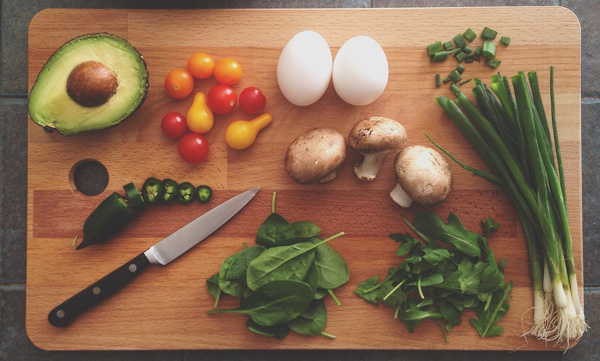
Don’t diet
Traditionally speaking diets are usually structured to have a beginning and an end. There always seems to be an end goal with no exit strategy. With that concept in mind we want to shift our perspective from “being on a diet” to one of developing better, healthier eating habits. A diet is an end goal. Habits are daily practices designed to build discipline and aid a lifestyle change. Keep your attention on daily habits versus far out, long-term results.
Use the 80/20 rule
We can’t eat perfectly 100% of the time. If we could we would quickly find ourselves deprived, bored, and questioning our existence due to the lack of ice cream in our lives. I like to keep things on a more realistic level and only expect to eat healthy 80% of the time while allowing myself more relaxed eating habits the remaining 20%. This gives just enough room to stay on a generally healthy eating plan, but also the opportunity to indulge and enjoy some of my favorite foods. The extra bonus is that you’ll never feel deprived since you know you can always indulge slightly at some point during the week.
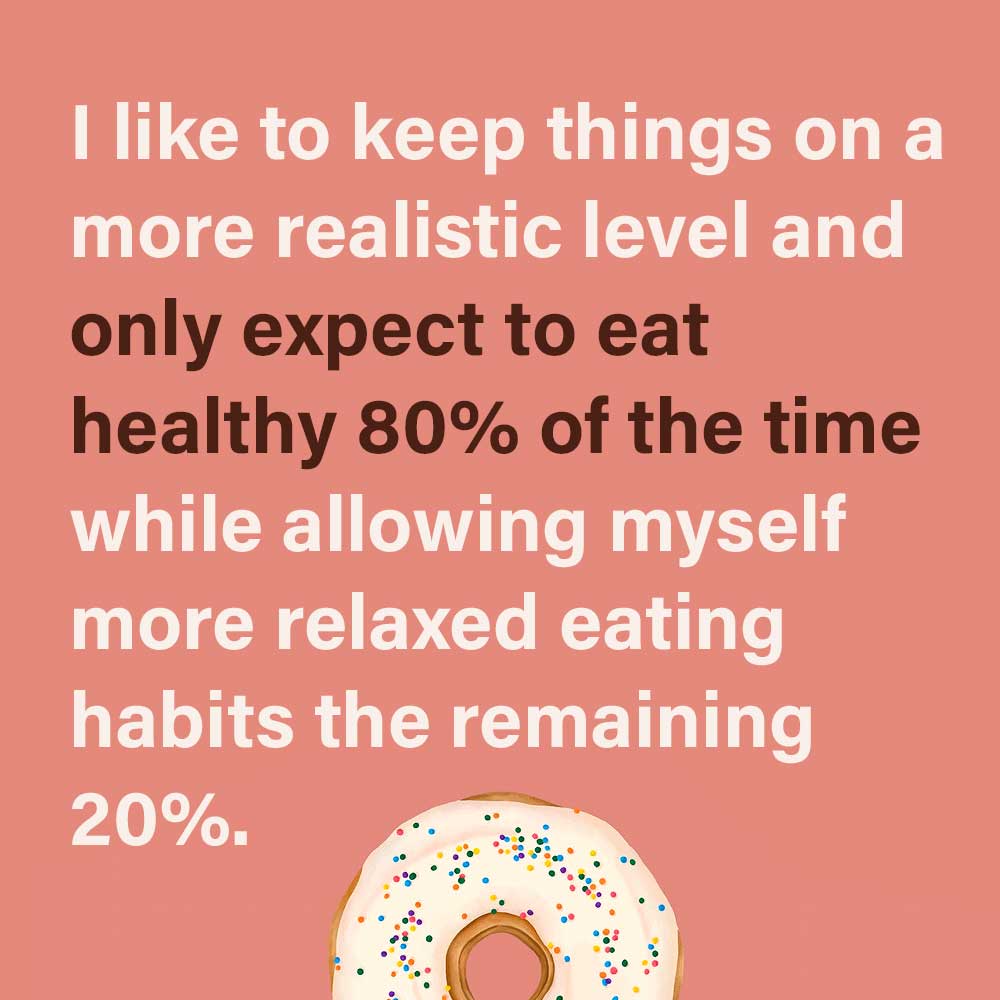
Practice using your eyes
Our eyes are larger than our stomachs, so the saying goes. I’m sure we are all guilty of overeating a time or two. Why do we do it? Our hunger response is a powerful survival mechanism there to keep us alive. Since we are surrounded by convenience we tend to take full advantage of this tool and overindulge. Even when you’re famished, take a pause and learn to eye what proper portion sizes look like. Become a master at identifying what you need versus what you want. Additionally, chew slowly, drink water with your meal to feel fuller, and savor each bite.
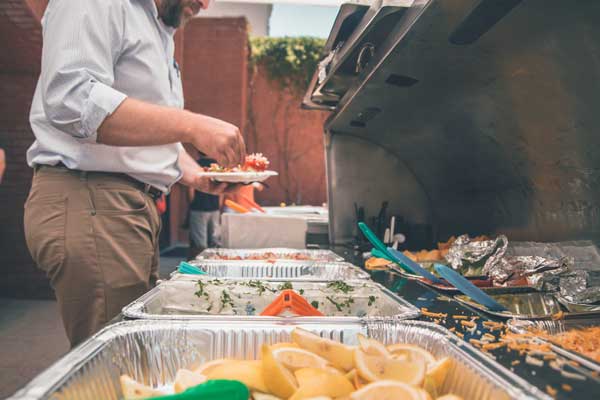
Never start over
We all love Mondays. Don’t believe me? Are you guilty of falling off the healthy eating wagon and then simply tell yourself that you'll start over on Monday? Never start over. Instead, if you stumble just pick right back up where you left off. Stumbles are an inherent part of building new habits. Framing every stumble as a restart has you perpetually back at where you started. Too many restarts will quickly leave you frustrated and always chasing optimal momentum toward your healthy eating habits. Over time you will naturally start to see a reduction in hiccups and more effortless positive momentum.
Cake and the scarcity mentality
I once was training an older gentleman who was about to board an Alaskan cruise. He was concerned about the all-you-can-eat environment he was about to embark on. I introduced him to the 80/20 rule and also stressed to him how we have the scarcity mentality built into our DNA. We see a favorite food of ours and feel like we need to eat it right away or it will be gone forever. It is our survival instincts kicking in telling us that we may not eat for several days.
There will always be more cake. Keep this in mind when you’re faced with temptations. It’s simply our ancestral cues looking out for your best interests. Those interests just so happen to be several hundreds of thousands of years old.
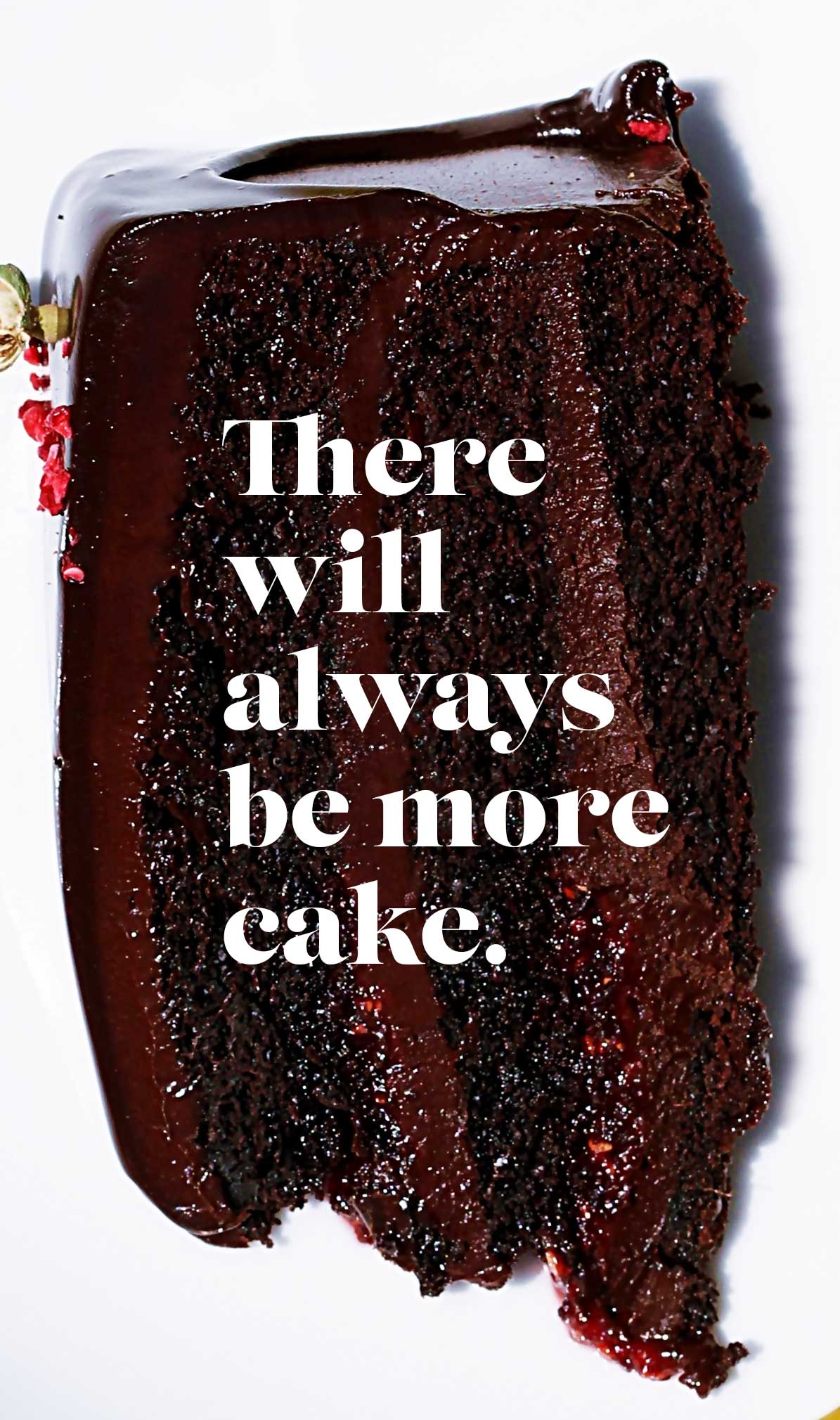
Balance the binge
We all lose control at times and fill our gullets with guilt. Not long after we beat ourselves up as it chips away at our self-control and possibly self-worth. Fear not. There is something you can do to curtail the damage that’s already done. After a proverbial binge, plan for the rest of your day and possibly the next day to eat more like a Spartan. Go with small portions of good food and plenty of water. This will help balance your overall daily and weekly caloric intake and curb your self-defeating rabbit hole.
In closing
Eating healthier should be a practical and enjoyable experience, not one of a deprived existence. Loosening the reins on the traditional definition of diet won’t send you into a never-ending spiral. Rather, it will give you more freedom and control over eating a well-balanced, realistic diet and the ability to develop healthier habits that you can finally live with.
Read next:
12 Style & Lifestyle Tricks if You’ve Gained Weight Over the Last Year



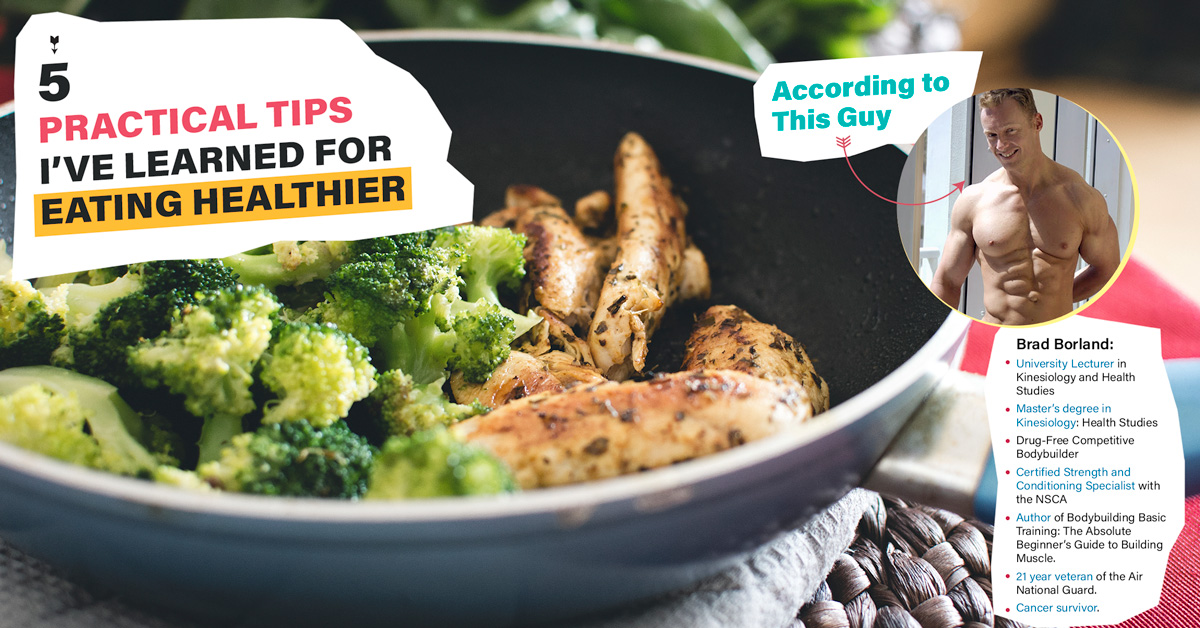

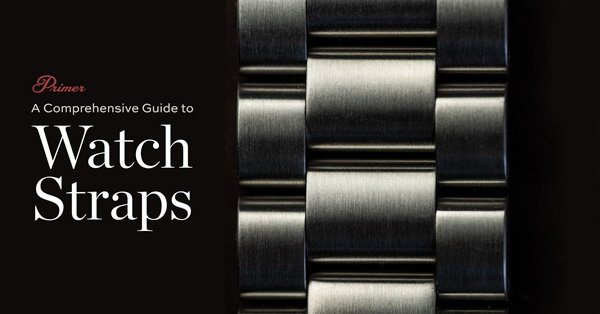
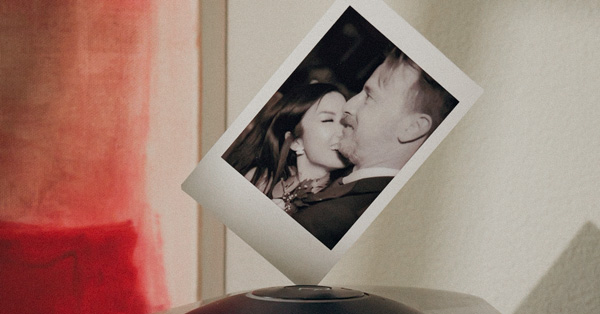









![It’s Time to Begin Again: 3 Uncomfortable Frameworks That Will Make Your New Year More Meaningful [Audio Essay + Article]](https://www.primermagazine.com/wp-content/uploads/2025/01/begin_again_feature.jpg)